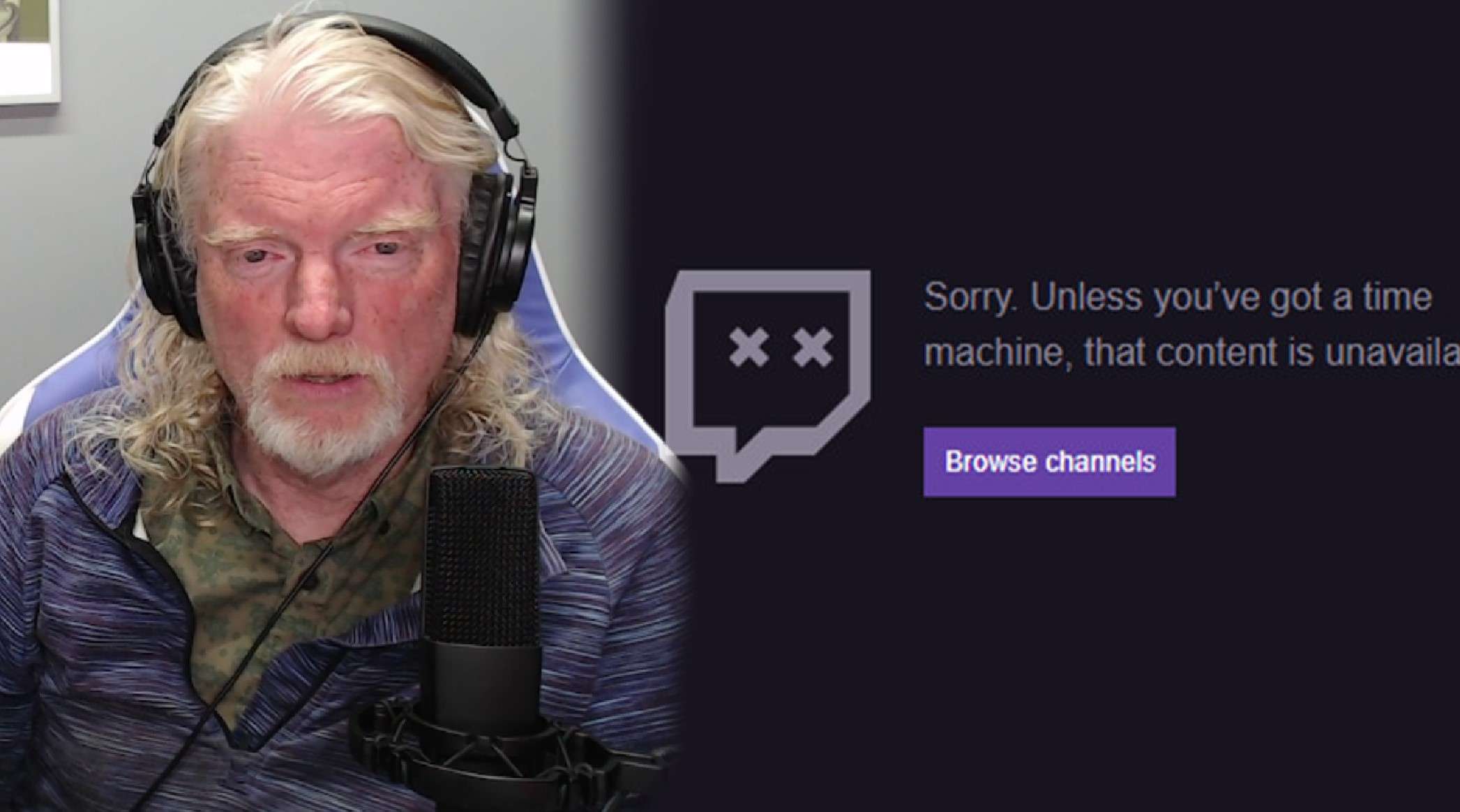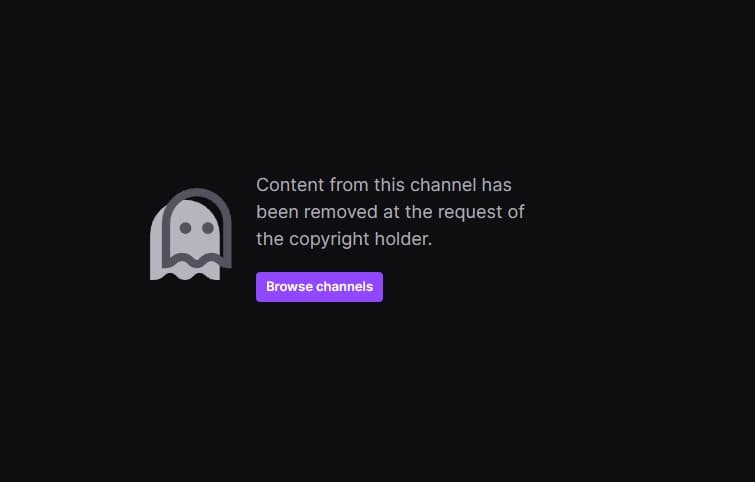Twitch CEO admits inconsistent bans remain a big issue: “We have a lot of work to do”
 Twitch: DJClancy / Twitch
Twitch: DJClancy / TwitchQuestionable Twitch bans with little to no explanation have long been problematic on the Amazon-owned streaming platform. CEO Dan Clancy himself just admitted as much but assured Twitch staff are always working to improve guidelines and provide further clarity where possible.
Over the years, almost every popular streamer on Twitch has been handed a temporary ban at one point or another. In some cases, the punishment has certainly been warranted. Though in others, content creators have been left scratching their heads.
What exactly caused their ban and what can they do to avoid a repeat offense moving forward? Typically, just a line or two of context is provided, giving a broad outline of the specific infringement. This is one particular area many have taken issue with in recent years.
Admittedly, it’s an area Twitch staff still “have a lot of work to do” in order to improve the process, CEO Dan Clancy said in a recent interview with Jake Lucky. “I still think we have a ways to go,” he added when discussing the matter of Twitch bans.
“We’ve done a lot of work over the last three years to drive greater consistency,” Clancy continued. “If you go back in time, we did not have the structure in place to ensure that consistent decisions were being made in all cases.
“For instance, we’re doing a lot more now in terms of looking at the decisions our operators will make, then going through a QA process to make sure, then measuring for consistency.”
Given the scope of Twitch, with thousands of streamers going live on a daily basis, humans aren’t capable of directly overseeing every single broadcast to administer bans. That’s where these ‘operators’ come into play, automating the first step of the punishment process before staff manually enter the fold. It’s these operators that might get things mixed up every now and then, Clancy explained.
“You have an operator that’s making a decision. The question is, does this one and this one make the same decision?”
 Twitch
TwitchBeyond the operators themselves, Twitch also has “work to do on clarifying our policies,” Clancy then added. With clearer guidelines for what is and isn’t allowed on the streaming platform, content creators would obviously have a better understanding. However, with the current guidelines, while improved in recent years according to Clancy, still leave room for streamers to question their bans.
“It used to be our policies were written very generally. You’d read it and be like ‘I don’t know.’ So the team there has worked a lot on our community guidelines. If you went back on the Wayback Machine and looked at Twitch’s community guidelines four years ago compared to today, you’ll see they’re much more specific.”
“I still think we have a ways to go. When someone is streaming for a long time, sometimes they absolutely have the right intent, then it creates anxiety because they’re worried they may just trip up. They may step over a line. That is difficult when you’re livestreaming. Things happen.”
Admittedly, with a broad range of categories and new types of content always emerging, it’s a difficult “balance” to strike, Clancy said. “I think it is really hard to get this right.
“You don’t want to be banning people that are trying to do the right things and just make mistakes. I think we’ve gotten a lot better, but I don’t think we’re done.”